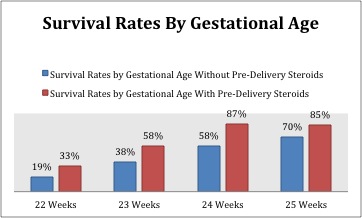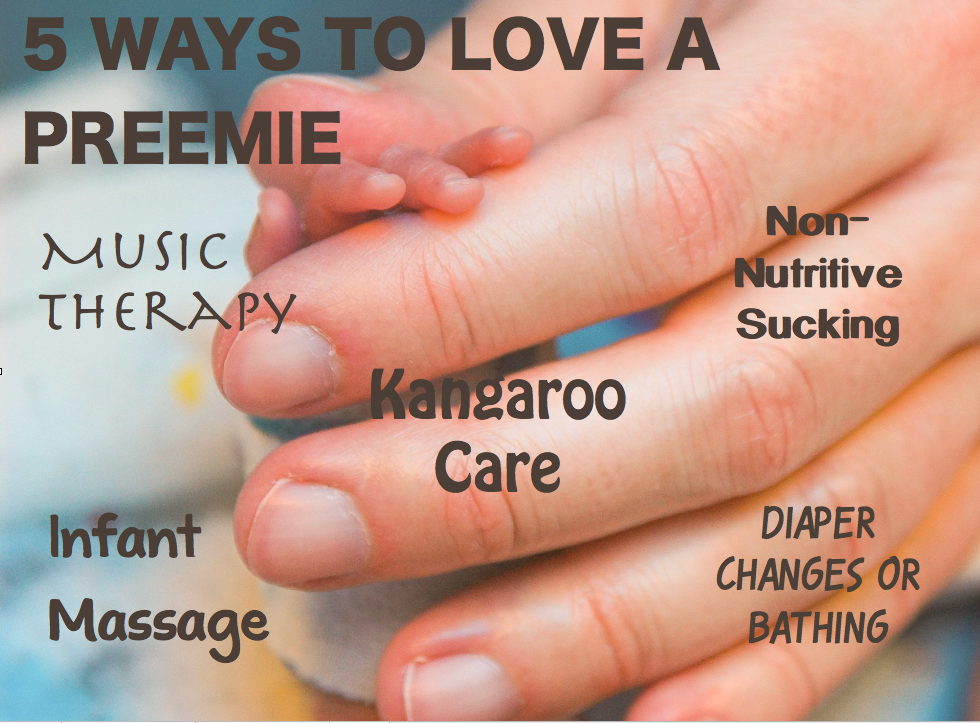According to the World Health Organization (WHO), although the rate of premature birth may be on an overall decline, this is not the case for most developing countries. The organization estimates that over 15 million babies are born prematurely (before 37 weeks gestation) annually, and this number is slowly increasing.
While the factors causing the increase in prematurity are varied, equally disparate are the survivability rates for premature infants around the globe.
A recent article published in The Guardian Online illustrates this point clearly. The article describes findings uncovered in a joint study between the US March of Dimes, the Partnership for Maternal newborn and Child Health, Save the Children and the World Health Organization which indicate that in “rich countries over 90% of babies born at [or after] 28 weeks survive, in poor countries only 10% do.”
In addition to the parents of premature babies in developing countries, no one more clearly witnesses the disparity in premature infant survival rates than healthcare researchers. Kyshia Robertson, a contract researcher for the National Institutes of Health (NIH) has worked on several infant mortality projects that study Latin American and African countries comparatively to the United States. Robertson believes that there is a widening gap in pre and post-natal healthcare options for prematurity between wealthy and developing countries.
“It is amazing to see what is available in the United States versus a place like West Africa where the levels of intervention for premature births are very limited. Unfortunately it does not look like this will change anytime soon. There are many factors; like public policy practices, political climate and economic stability that have a huge impact on how these babies will do when they come so early. We continue to see how the differences in these areas have a huge impact on whether a baby lives or dies.”
A part of Robertson’s research is centered on the impact of the early intervention practices employed immediately prior to and immediately following the birth of a premature baby. For example, in a country like the United States when a premature birth is inevitable, low-cost steroid shots are often given to the mother, which stimulate the production of lung surfactant in the fetus prior to birth. The administration of these steroids can substantially increase the survivability rate in preterm birth.
Unfortunately, while these shots are readily available in the United States, they are not always available in developing countries, and Robertson believes that fixing this would be a good place to start.
“We can never expect to go from almost nothing to a high level intensive care nursery overnight, but we can work towards incremental improvements to care, like these shots, to hopefully give some of these kids a fighting chance,” she says.



